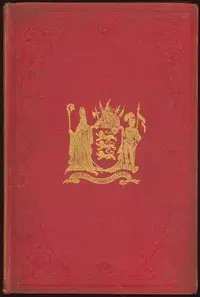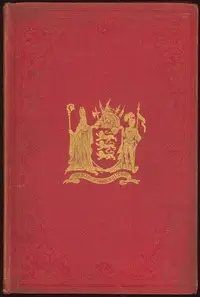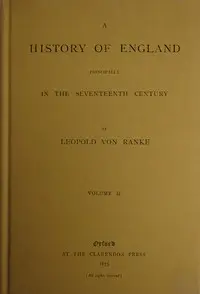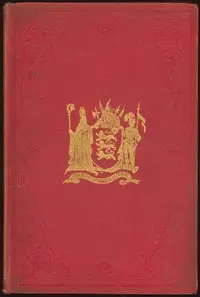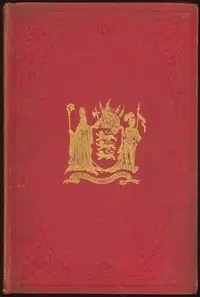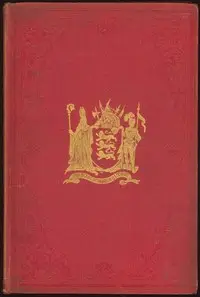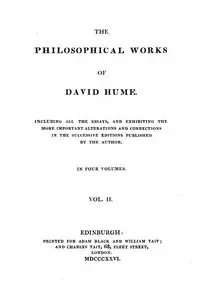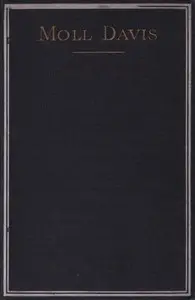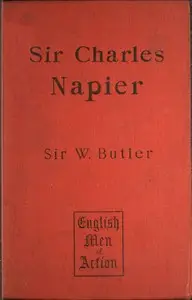"The History of England in Three Volumes, Vol. I., Part E." by David Hume is a historical narrative spanning the time of King Charles I through Cromwell, during the late 1800's. It recounts the intense relationship between the king and Parliament during a remarkable period in English history. The account likely explains the political conflicts, how society changed, and how governing ideas evolved, defining key events in the past. The beginning of the volume demonstrates how the events unfolded when Charles I took the throne. It describes Charles's ambitions and first efforts to gather Parliament to discuss important money problems, while also showing the growing conflict between the king's power and that of Parliament. As he moves through this sensitive political period, Hume makes clear the different goals of both the king and Parliament: Charles wanted everyone to be united against outside dangers, while the Commons were increasingly determined to protect people’s freedoms and limit the king’s influence. This beginning section shows readers the complicated mix of ambition, conflict, and changes in thinking that were common in England in the early 1600s.
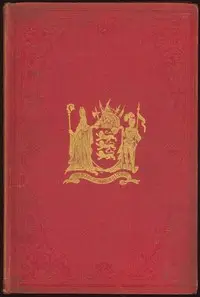
The History of England in Three Volumes, Vol. I., Part E. From Charles I. to Cromwell
By David Hume
Witness the clash between a king’s ambition and a Parliament’s demand for freedom, setting the stage for a nation-defining conflict.
Summary
About the AuthorDavid Hume was a Scottish philosopher, historian, economist, and essayist who was best known for his highly influential system of empiricism, philosophical scepticism and metaphysical naturalism. Beginning with A Treatise of Human Nature (1739–40), Hume strove to create a naturalistic science of man that examined the psychological basis of human nature. Hume followed John Locke in rejecting the existence of innate ideas, concluding that all human knowledge derives solely from experience. This places him with Francis Bacon, Thomas Hobbes, John Locke, and George Berkeley as an empiricist.
David Hume was a Scottish philosopher, historian, economist, and essayist who was best known for his highly influential system of empiricism, philosophical scepticism and metaphysical naturalism. Beginning with A Treatise of Human Nature (1739–40), Hume strove to create a naturalistic science of man that examined the psychological basis of human nature. Hume followed John Locke in rejecting the existence of innate ideas, concluding that all human knowledge derives solely from experience. This places him with Francis Bacon, Thomas Hobbes, John Locke, and George Berkeley as an empiricist.


